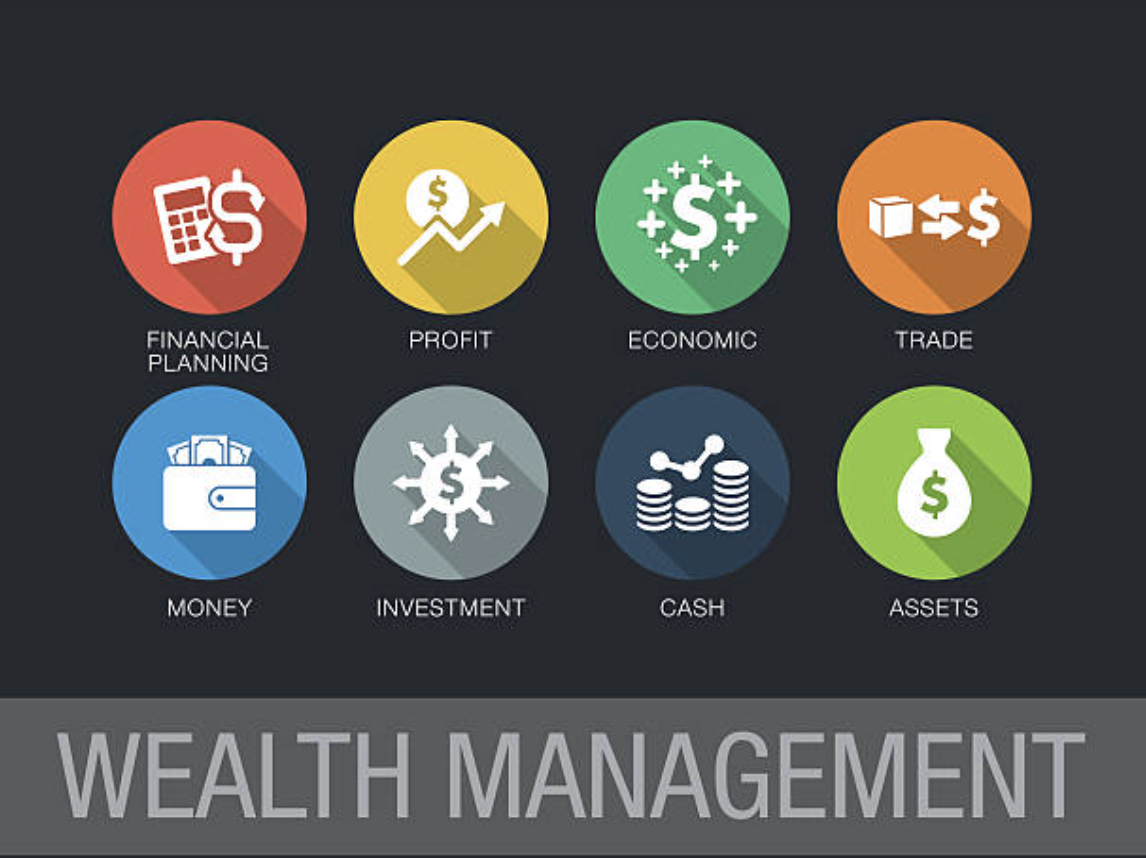
The New Rules of Wealth Management: Navigating 2025 with Agility & Purpose
Ishan Singh, Investment Analyst
The wealth management landscape is undergoing rapid transformation. Driven by technological innovation, regulatory shifts, and evolving client expectations, the industry is redefining what it means to build, preserve, and transfer wealth. Navigating this new environment requires agility, a clear sense of purpose, and a willingness to embrace change.
Embracing Technological Agility
Technology is no longer a supporting player—it is at the heart of modern wealth management. Artificial intelligence (AI) and automation now power everything from portfolio construction to risk assessment and client engagement. AI-driven analytics enable wealth managers to offer highly personalized investment strategies, tailored to each client’s unique goals, values, and risk tolerance. Robo-advisors and predictive analytics provide real-time market insights and suggest timely portfolio adjustments, helping clients stay ahead in volatile markets.
The digital transformation extends to client experience as well. Investors now expect seamless digital platforms that offer transparency, accessibility, and control over their financial futures. From onboarding to ongoing portfolio management, the ability to interact virtually and access information instantly is becoming a baseline expectation.
Purpose-Driven Personalization
The demand for personalization has never been higher. Clients are seeking more than generic financial advice—they want strategies that reflect their individual circumstances, aspirations, and values. Thematic investing, such as ESG (Environmental, Social, and Governance) and technology-focused portfolios, is on the rise. Hybrid strategies that blend traditional assets with alternatives like private equity and digital assets are gaining traction, reflecting a desire for both growth and diversification.
Purpose also plays a central role in the largest intergenerational wealth transfer in history, which is accelerating in 2025. Over the next two decades, an estimated $84 trillion will pass from one generation to the next. Families are increasingly focused on legacy planning, open communication, and preparing the next generation for responsible stewardship—not just the transfer of assets, but the preservation of family values and unity.
Regulatory Evolution and Compliance
Regulation is a defining force in 2025, especially in Europe and the U.S. New rules like the Retail Investment Strategy (RIS), PSD3, and FIDA are reshaping the industry by enhancing transparency, standardizing data access, and promoting open finance. Stricter ESG regulations require comprehensive sustainability reporting and responsible investment strategies, compelling wealth managers to integrate environmental and social factors into their offerings.
Staying compliant is not just about avoiding penalties—it’s a strategic advantage. Firms that proactively adapt to regulatory changes and invest in digital infrastructure will be better positioned to build trust and differentiate themselves in a crowded market.
Resilience Amid Economic Uncertainty
The global economic outlook for 2025 remains uncertain, shaped by inflation, interest rate fluctuations, and geopolitical tensions. In this environment, disciplined risk management and long-term planning are essential. Wealth managers must balance the need for growth with the imperative to protect capital, using diversified strategies and alternative investments to navigate market volatility.
Engaging the Next Generation
Gen Z and Millennials are emerging as influential investors, bringing new expectations for transparency, digital engagement, and values-based investing. Wealth managers must evolve their strategies to engage these younger clients, leveraging technology and purpose-driven advice to build lasting relationships.
Conclusion: A New Era of Wealth Stewardship
The wealth management industry in 2025 is at a pivotal juncture, marked by technological innovation, regulatory evolution, and a significant intergenerational wealth transfer. Embracing AI and digital platforms is no longer optional but essential to meet the personalized needs of a diverse client base. As younger generations prioritize values-based investing and demand greater transparency, wealth managers must adapt by offering tailored, purpose-driven strategies. Navigating regulatory complexities and economic uncertainties requires agility and a proactive approach. Ultimately, firms that align technological agility with a clear sense of purpose will not only preserve wealth across generations but also foster enduring client relationships in this new era of wealth stewardship.
